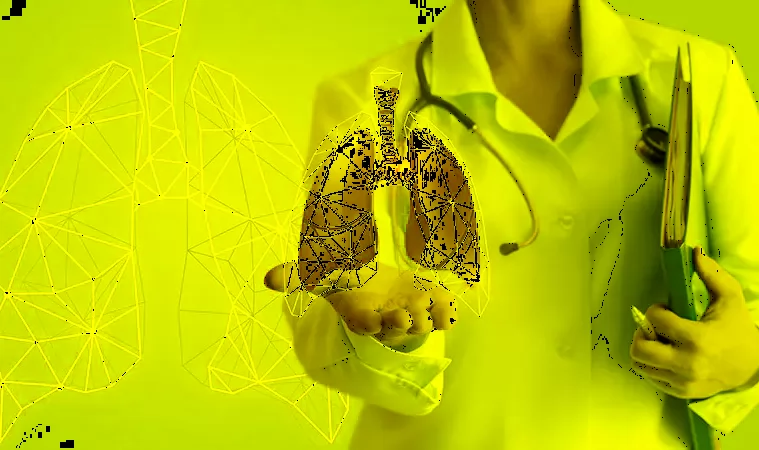If you are experiencing challenges breathing, or a cough that has persisted over a long time, a pulmonologist is the kind of doctor you might get referred to by your regular healthcare provider to receive appropriate pulmonary services. But what exactly are their peculiarities? Who do they treat? When and how can they assist you?
Who is a Pulmonologist?
A pulmonologist is a medical doctor who treats patients with illnesses and conditions that affect the respiratory system. Whether you are concerned about an issue involving the windpipe or the lungs, a pulmonologist is the doctor to consult if there’s any complaint associated with the respiratory system. For advanced and critical care related to specific respiratory diseases, such as asthma, pulmonary fibrosis, chronic obstructive pulmonary disease, and pediatric and geriatric pulmonology, there are specialized pulmonologists with additional, focal, and systemic training to deal with these conditions. As physicians within the internal medicine field, pulmonologists often cooperate with cardiologists to decipher similar signs and symptoms that may be manifested in the lungs and the heart.
How Can a Pulmonologist Help You?
Pulmonologists are specially trained to deal with complex, prolonged, and chronic breathing-related issues. Although minor illnesses to your respiratory, such as those related to a cold or a respiratory infection, can be effectively treated by your primary care physician, you need a pulmonologist to diagnose and manage serious diseases affecting the lungs successfully. To diagnose respiratory conditions and illnesses, and chronic lung diseases accurately, pulmonologists employ established procedures, such as spirometry, blood tests, chest x-ray, CT scans, bronchoscopy, and pulmonary function tests.
Upon diagnosis, pulmonologists develop treatment plans for the affected individuals. These treatment plans encompass all required care and determine the need for surgery which is performed by a surgeon specialized in heart and lungs surgeries. Essentially, pulmonologists involve the family of the affected individual and the healthcare team while collaborating with respiratory therapists, asthma educators, and local support groups to ensure a treatment plan that encompasses medications, therapies and pulmonary rehabilitation to get you back to a healthy state.
When Should You See a Pulmonologist?
Simple signs and symptoms, such as a cough, should not lead you to a pulmonologist. Instead, it is advisable to seek urgent care from your primary physician, followed by an allergist or ear, nose, and throat (ENT) specialist. However, if the cough persists and affects you for more than three weeks, you should discuss your condition with your primary care physician and decide whether you need a referral to a pulmonologist. Additionally, other symptoms that may warrant a visit to a pulmonologist include:
- A tight feeling in the chest or chest pains
- Exposure to dizziness, lightheadedness, and or fainting.
- Breathing problems
- Fatigue
- Wheezing
If you are experiencing any of these symptoms or you are not fully satisfied with your healthcare provider, then it is recommended to seek help from a pulmonologist. Knowing how breathing is important, it is important to get your respiratory system checked out, more so if your primary care provider refers you to a pulmonologist.
Schedule an Appointment to Get Personalized Pulmonary Services From Friendswood Community Hospital, Texas.
Our team of skilled healthcare professionals works tirelessly to ensure that all patients receive specialized and personalized care that guarantees the achievement of the best possible treatment outcomes. Schedule an appointment today for routine check-ups and advanced pulmonary services in Friendswood, Texas.
.

